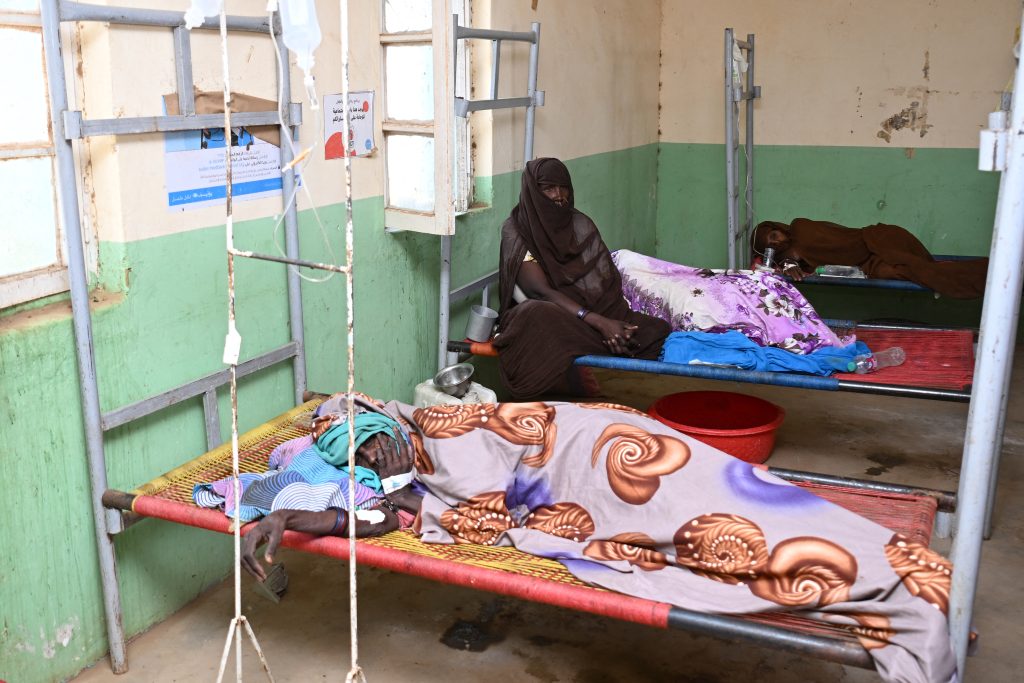The Ministry of Health has confirmed a cholera outbreak affecting several parts of the country. Cholera is a serious, waterborne disease caused by the Vibrio cholerae bacteria. It spreads through consuming contaminated food or water and can lead to severe dehydration and if left untreated, can be fatal.
As of April 6, 2025, there have been 97 confirmed cases of cholera, including six fatalities, in three counties, Migori, Kisumu and Nairobi.

Current situation:
- Migori County: 53 cases and 1 death. The affected sub-counties include Suna East, Suna West, Kuria East, and Kuria West. Two patients remain hospitalized.
- Kisumu County: 32 cases and 4 deaths. The affected sub-counties include Nyando and Muhoroni.
- Nairobi County: 12 cases and 1 death. The affected sub-counties include Kasarani, Embakasi East, Roysambu, and Kibra.
How to Prevent Cholera:
There are several measures that the public can take to protect themselves and others from cholera:
1. Practice Good Hygiene
- Wash your hands frequently with soap and clean water, especially before eating or preparing food, after using the toilet and after caring for sick individuals.
- Set up handwashing stations in public areas with clean water and soap or hand sanitizers (at least 60% alcohol).
2. Ensure Safe Water and Sanitation
- Only drink clean water, preferably boiled or treated with chlorine. Avoid drinking water from open sources such as rivers and lakes.
- Store water in clean, covered containers to avoid contamination.
- Dispose of waste properly and maintain functional latrines.
- Regularly disinfect surfaces, especially those used for food preparation.
3. Food Safety
- Wash your hands and sanitize kitchen surfaces before preparing food.
- Ensure that food is prepared and cooked hygienically to avoid contamination.
Ongoing Government Measures
The Ministry, in collaboration with County Governments, is actively working to contain the outbreak.
Here are some of the ongoing response efforts:
- Enhanced Surveillance: Active case search, contact tracing, and rapid response.
- Health Worker Training: Ensuring healthcare professionals are well-equipped to handle cholera cases.
- Public Awareness: Community health campaigns to raise awareness and promote hygienic practices.






